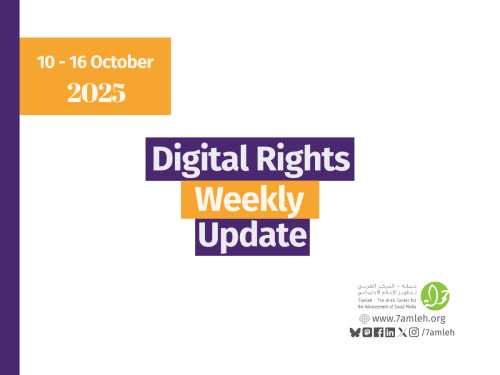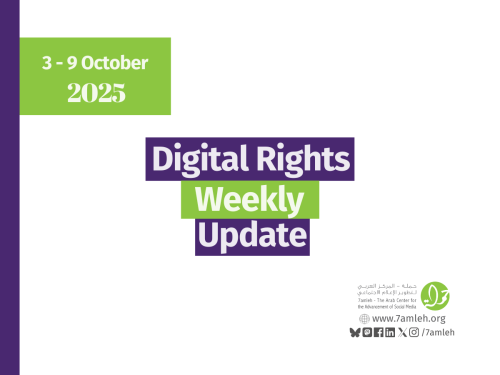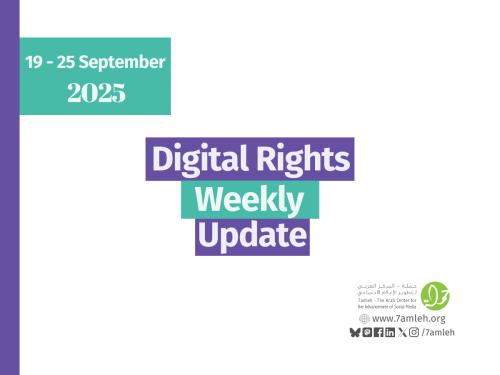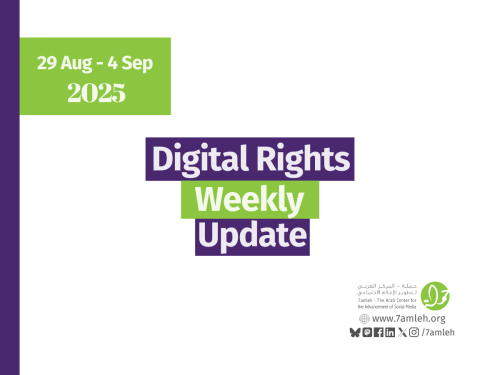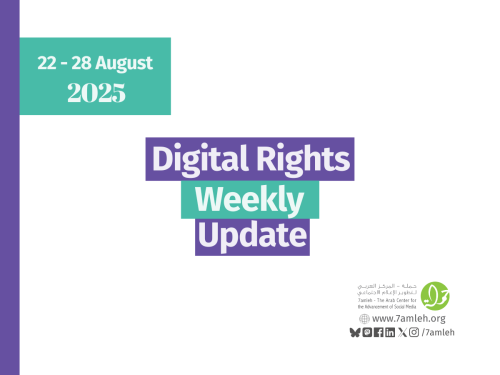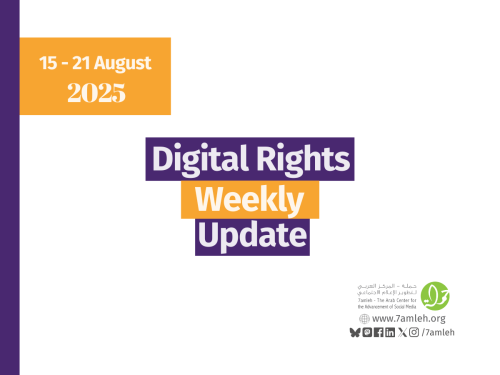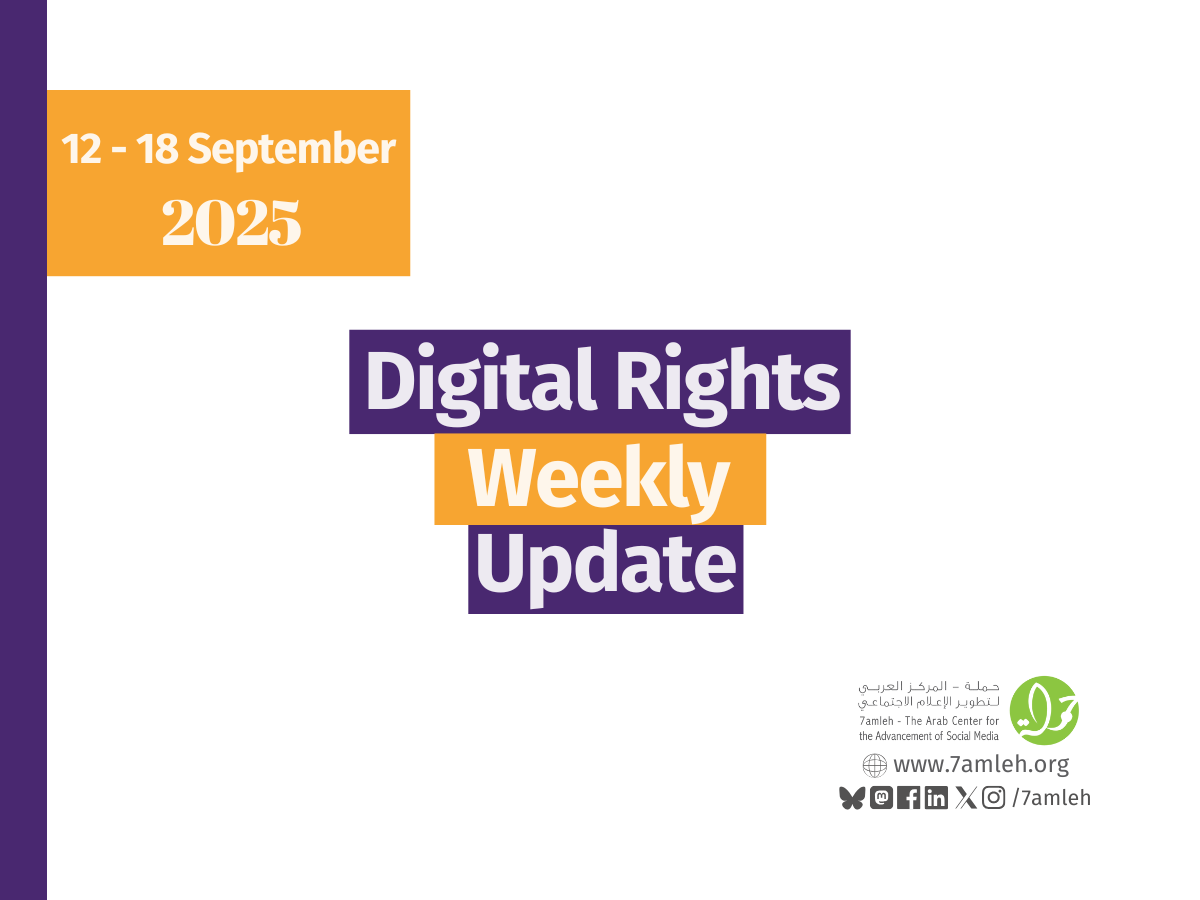
Microsoft technology reportedly used by Israel to surveil Palestinians, select bombing targets in Gaza
PBI Canada
This past June, The Guardian reported: “Details of how big tech works with the IDF [Israeli Defence Forces also referred to as the Israeli Occupation Forces or IOF] have long been murky [but] recently, evidence that the tech industry’s products have been used in Israel’s violent campaign in Gaza, which the UN [United Nations] has concluded is consistent with ‘the characteristics of genocide’, has been mounting.” That article continues: “Leaked documents indicated Microsoft has a ‘footprint in all major military infrastructures’ in Israel. The Associated Press has also reported that Microsoft technology has aided in Israel’s surveillance of Palestinians.” The American Friends Service Committee (AFSC) has also explained: “Between October 2023 and June 2024, Microsoft agreed to provide the Israeli military with 19,000 hours of engineering support and consultancy services. AI tools that the Israeli military receives through Microsoft Azure include the GPT-4 generative language model, automated translation, and automated document analysis.” The AFSC further notes: “By March 2024, the military’s consumption of Microsoft Azure AI services was 64 times higher than it was before the genocide.”
Israel spending millions on online ad campaigns to deny Gaza famine: Report
AA
Israel has spent 167 million shekels ($50 million) on a deal with platforms such as Google and US social media platform X, plus French and Israeli ad platforms, to deny the famine in Gaza, Spanish broadcaster RTVE said Tuesday based on a Eurovision News Spotlight report. According to a joint investigation by Eurovision, Israel’s Exemption Committee in June approved an application by state-run ad agency Lapam to run public information campaigns worth $50 million with Google, X, and French and Israeli platforms Outbrain and Teads. The contracts, running from June 17 till Dec. 31, allocate 150 million shekels ($45 million) to YouTube and Google's ad campaign management platform Display & Video 360. X also got 10 million shekels ($3.03 million) while French and Israeli ad platforms Outbrain and Teads got 7 million shekels ($2.12 million). The report, titled "The new front of war: Inside Israel's digital 'hasbara' offensive," shows how Israel’s state-sponsored campaigns use social media, paid influencers, and military tours to shape the global narrative on Gaza. Documents from 2018 to July 2025, revealed by the investigation, show that Lapam uses Google and Meta ad platforms to promote Israeli government narratives and counter critics of Tel Aviv’s policies and military operations through paid campaigns.
INTERVIEW Gaza communication blackouts leave Palestinians in fear as isolation is part of Israel's psychological warfare
AA
For nearly two years of its ongoing genocidal war on the Gaza Strip, Israel has deliberately imposed complete and repeated cuts to communications and internet services, often lasting hours or days. A Palestinian security official told Anadolu that this blackout is not just a technical disruption but a tool with “intelligence, military, psychological, and media” purposes. The official, who declined to be named because of security concerns, said the psychological impact is among the most severe. The communications blackout puts Palestinians in a very difficult psychological state due to the continuous fear and anxiety over their relatives in other areas of Gaza. “Palestinians in the heart of war hear the sounds of explosions and horrors of genocide, but they don’t know the location or source of the threat, which drives them into episodes of anxiety and fear.” The sense of being cut off deepens feelings of abandonment, the official explained: “Isolating the Gaza Strip from the world also makes Palestinians feel they are alone and that no one is aware of the genocide and atrocities they are subjected to.” The communication blackouts also affect daily life and critical services already operating at their limits, including hospitals, civil defense, and humanitarian aid distribution.
Google Secretly Handed ICE Data About Pro-Palestine Student Activist
The Intercept
During the first Trump administration, tech companies publicly fought federal subpoenas on behalf of their users who were targeted for protected speech — sometimes with great fanfare. With ICE ramping up its use of dragnet tools to meet its deportation quotas and smoke out noncitizens who protest Israel’s war on Gaza, Silicon Valley’s willingness to accommodate these kinds of subpoenas puts those who speak out at greater risk. Lindsay Nash, a professor at Cardozo School of Law in New York who has studied ICE’s use of administrative subpoenas, said she was concerned but not surprised that Google complied with the subpoena about Thomas-Johnson’s account without notifying him. “Subpoenas can easily be used and the person never knows,” Nash told The Intercept. “It’s problematic to have a situation in which people who are targeted by these subpoenas don’t have an opportunity to vindicate their rights.” Google declined to discuss the specifics of the subpoenas, but the company said administrative subpoenas like these do not include facts about the underlying investigation.
China Rejects Israel AI Claims, Urges Gaza Ceasefire
The Daily Cpec
China Rejects Israel AI Claims, Urges Gaza Ceasefire after Prime Minister Benjamin Netanyahu accused Beijing and Qatar of using artificial intelligence and social media to enforce an “information blockade” on Israel. The Chinese Embassy in Tel Aviv dismissed the accusations as baseless and harmful to bilateral ties. Beijing expressed serious concern and firmly opposed the remarks. A Chinese spokesperson stressed that blaming external actors for criticism of Israel’s Gaza war was misguided. “It is targeting the wrong party and prescribing the wrong remedy,” the embassy noted. The statement added that global consensus now leans toward a ceasefire to end Gaza’s humanitarian crisis.
Related Articles
Subscribe to Our Email Alerts
And stay updated with our latest activities, news, and publications!

